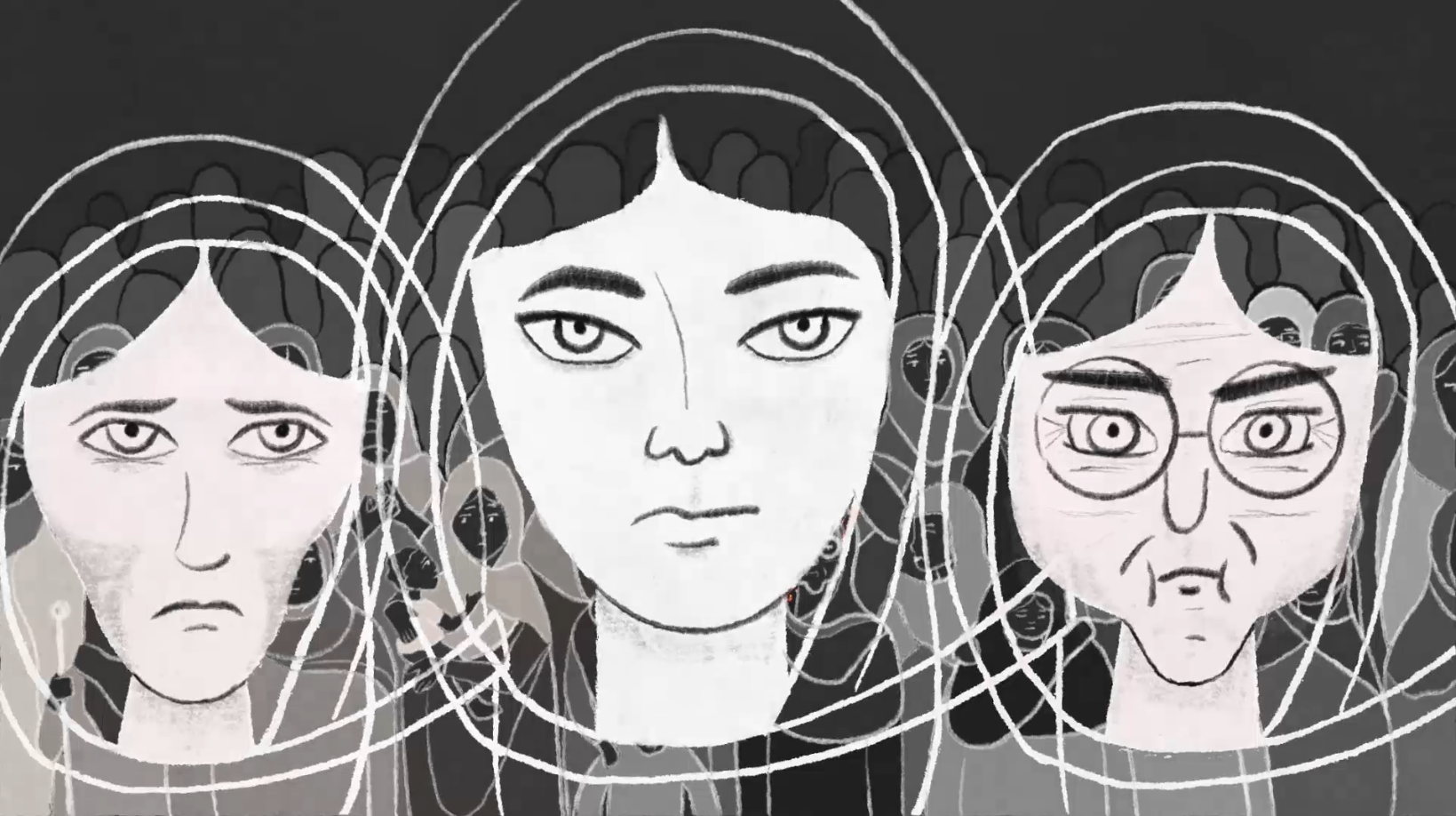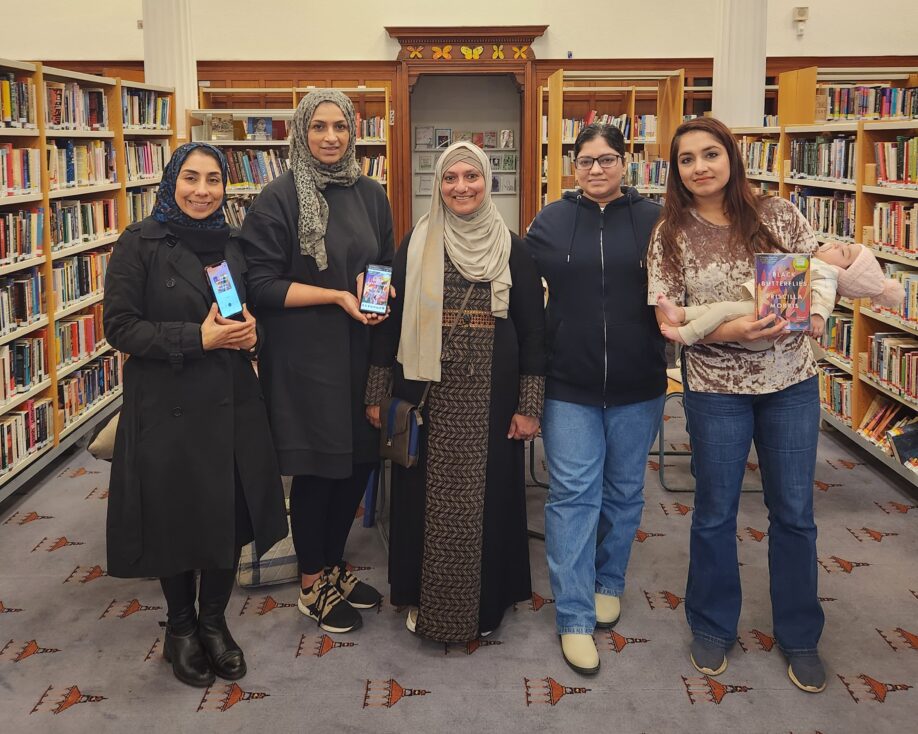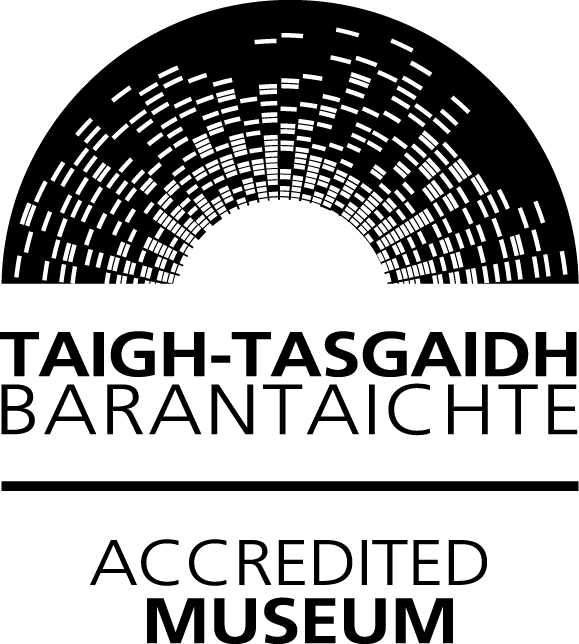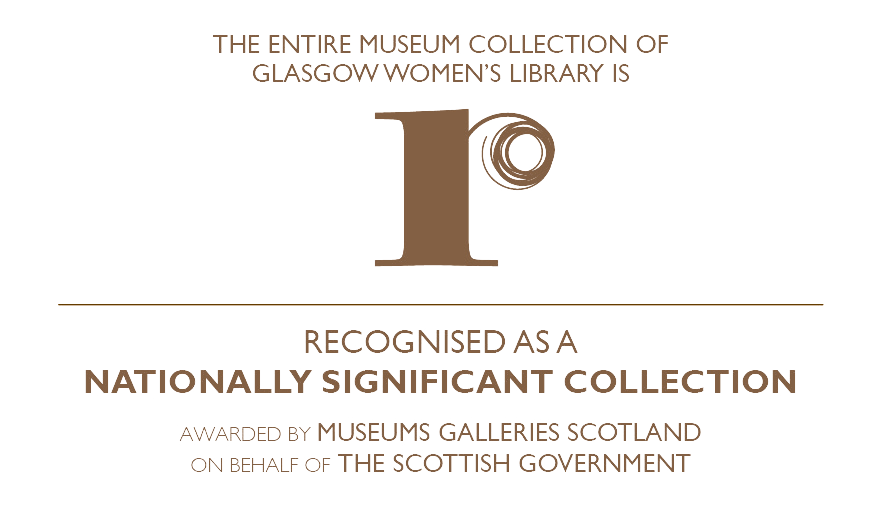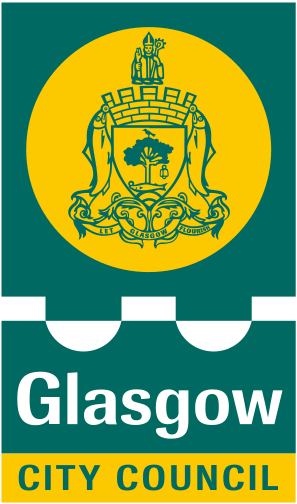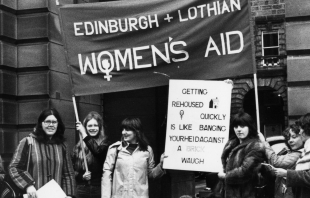
As our oral history collection draws to a close, today’s blog explores why oral histories are so important, and how you can continue recording them after the Speaking Out Project.
Our wonderful volunteers are currently completing the final transcriptions of the oral history interviews conducted last year with women who have been involved in Women’s Aid in Scotland over the past forty years.
As this important part of the project draws to a close, we thought now would be a good time to remember why oral histories are important, why we decided to collect them for the project, and, if you’d like to, how you can keep collecting them in the future.
So what are oral histories and why is it important to record them?
Oral histories have been described as ‘the first kind of history’. They’re the passing on of knowledge, memory and experience by word of mouth. They can take the form of anything from folklore, myths and stories passed from person to person, to a formal interview about a particular event with someone that is recorded and kept in an archive as an historical resource.
They’re a way of gathering, recording, and preserving a diverse range of personal experiences that generally are not well documented in written sources or traditional history in Western society. Their personal nature makes them a great primary source for people wanting to discover more about a certain event or era, providing an insight into the impact events had on the people alive and involved.
The Speaking Out Project’s oral histories
We felt oral histories were the perfect way to collect and honour the memories and stories of women who have been involved with Women’s Aid in Scotland. Oral history interviews focus on respecting the interviewee’s experience, and empowering them to tell their story on their own terms without fear of being judged – something we felt matched the work of Women’s Aid in Scotland.
We have a selection of snippets from the project’s oral history interviews available to listen to here. The full interviews will be added to the archive in the coming weeks at months at Glasgow Women’s Library, and can be accessed from there.
You can read more about our volunteers’ experiences of collecting the oral histories here and here.
How can I keep gathering and recording oral histories?
One of the best things about oral histories is how straight forward they are to gather – you don’t need any previous experience, very little equipment is required, and they can be as casual or formal as you like. To get an idea, have a look if any oral history projects have already been conducted in your area – Scotland’s Rural Past and the British Library are good places to start.
If you’re thinking of starting an oral history project or having a go at doing an oral history interview, there are plenty of great, free resources to get you off to a good start – check out these ones from Scotland’s Urban Past, the BBC, and the Samuel Proctor Oral History Programme.
If you would like to join a project or get a bit more experience before striking out on your own, keep an eye out for opportunities – next month, Glasgow Women’s Library is seeking volunteers to help record memories of the library at their event ‘Saying Their Name: Honouring the Women Who Have Made GWL’. Get in touch with Gabrielle if you’re interested!
If you’d like to know more about the project’s oral histories or have an idea to continue collecting the stories of Women’s Aid in Scotland, please get in touch – we’d love to hear from you.
Happy recording!

